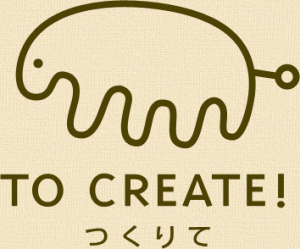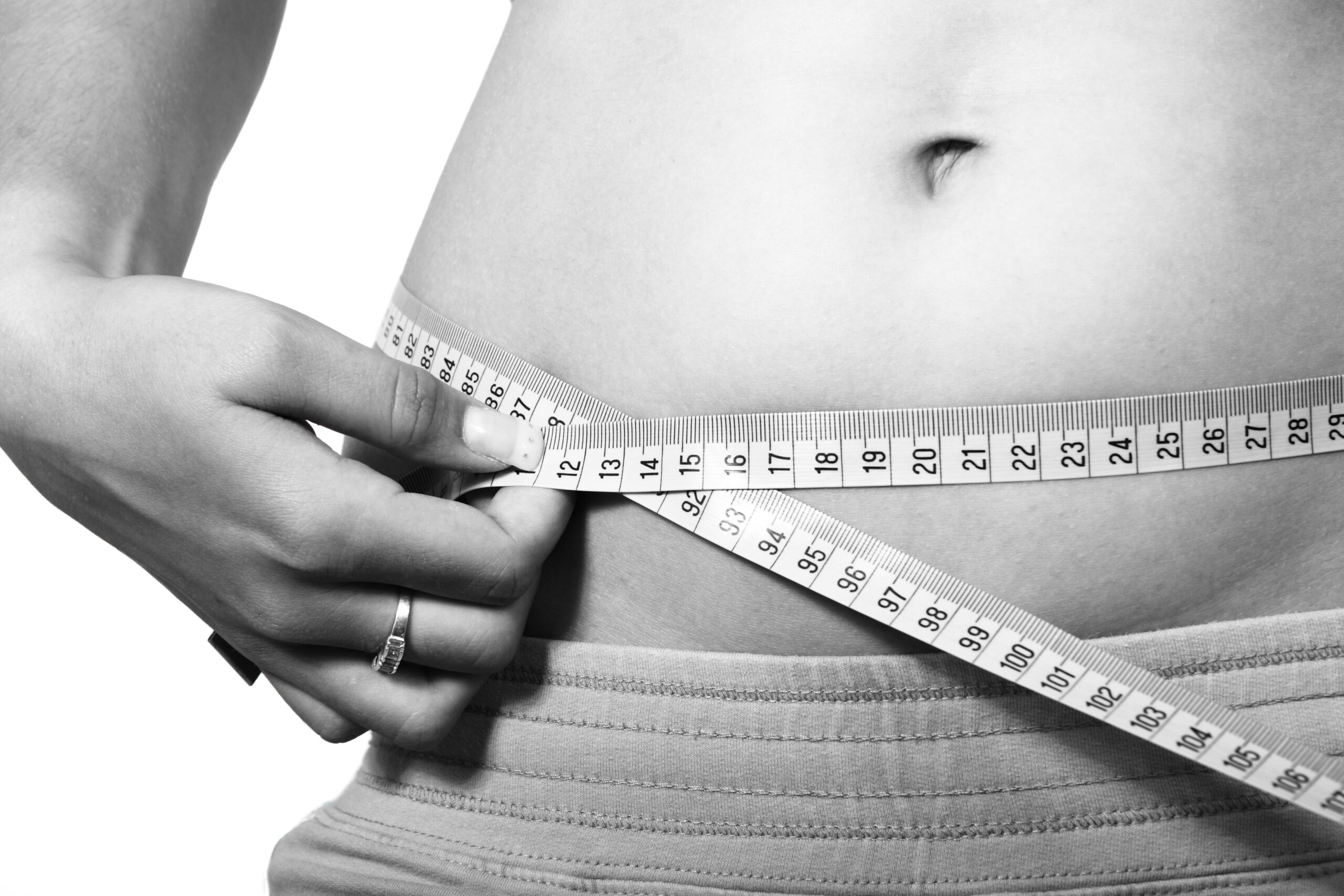Creation vs. Consumption
 I’m going to fly a larger-than-usual article image today because I consider the topic to be hugely important. In fact, it’s such a huge topic, I’m not sure that a single article can do it justice.
I’m going to fly a larger-than-usual article image today because I consider the topic to be hugely important. In fact, it’s such a huge topic, I’m not sure that a single article can do it justice.
Lately, I’ve been thinking a lot about content creation versus content consumption. Part of this is because of my role here as an information provider (a content creator), but also because I’m a parent who notices more of a tendency in my kids to consume content than a desire to create it. This trend is prevalent throughout modern society.
So, what is it about consumption that is so bad? Don’t we all need to consume stuff just to survive? Absolutely! We eat (consume) food in the course of our daily life. We consume oxygen during respiration and release carbon dioxide in the process. Consumption isn’t intrinsically bad, but it does have some interesting consequences.
If we look at our food supply a thousand years ago, most of us played a major role in getting it. We hunted, fished, farmed or foraged in order to supply ourselves and our community circle with the sustenance we needed for survival. We were actively engaged in not only the consumption of our food, but in creating its availability.
As time marched forward and our creative efficiency improved, specialization took place that encouraged some segments of the population to be mostly concerned with creation and the rest of us to fall back on mere consumption. In the organizational sense, this is very efficient, and such efficiency is seen throughout nature along with specialization even at the cellular level. So, where’s the problem?
The problem, it turns out, is that specialization leaves us vulnerable to faulty “programming”. In the modern agricultural case, consumers are at the mercy of the providers with regard to the quality of the wares they create. A hundred years ago, farmers bred and raised healthful crops to the best of their abilities and sold them directly to the consumers. This was a Good Thing.
By the time the 1970s rolled around, food production became a huge commercial venture as processed foods more and more entered the cultural psyche and its collective belly. In the last 40 years, the consequences of create or consume have become much more apparent: When providers such as Monsanto become the primary creator of a huge spectrum of the food you eat, you have little choice but to trust that the creator is operating from an altruistic perspective that benefits the society that has become dependent upon the creator’s specialization.
In this example, Monsanto is a global leader in producing genetically-modified frankenfoods that have been implicated in so many health issues that we’re only now beginning to understand just how royally screwed we are as a species.
It’s Not Just About Food
Food isn’t the only thing that we consume on a daily basis. Humans consume vast quantities of information daily in order to make informed decisions. We use information to assess our safety and mitigate risk. We assemble available facts, analyze them and come to conclusions about how we should think, feel and act in any number of domains, from which freeway to take to work to whether we should try a particular supplement and literally everything in between. There isn’t a single element of our life that doesn’t involve the consumption and evaluation of data.
Why We Need to Create
Is there something important about the act of creating something? Why wouldn’t it be okay to just consume? After all, it really is easier to relax and just let the tube flood us with entertainment at the end of a hard day at work. Why not just go with the flow?
Becoming even marginally adept at creating something — anything — is an important element in becoming less specialized and, therefore, better able to function as a more rounded human being. The act of creating something — anything — causes us to think about and to analyze the problem domain in ways that stretch our understanding and expand our awareness. Moreover, once we learn to create something of our own, whether it be for ourselves or for others, we become less reliant upon other providers and develop a means of comparing the quality of goods/services provided by others with those you can create yourself.
I started learning computer programming back in the late ’80s and early ’90s. Back then, programming was often an important aspect of getting something done with a computer because there were many domains that existing programs did not address. Since learning to code, I’ve used that ability many times in the service of others and myself to create things.
What makes that so important? Beyond the obvious fact that I can make and have made money programming, learning to program caused me to learn how to think differently. Architecting complete programs forced me to learn to both zoom out and see the big picture as well as to zoom in and deal with the minute details. In learning to code, I learned about flow and dependencies. In reality, I learned about life.
Coding demands that the coder think logically yet creatively. We look at a problem and begin to imagine ways of solving it. We are Sherlock Holmes with a keyboard and a compiler. As we work away at the problems and disprove unworkable solutions, what remains must be Truth. And if you’re a great coder, you then work to take that Truth and make it beautiful. Great code is elegant. It’s efficient and concise. It’s readable and immediately understandable.
Independence and Critical Thinking
Our biggest threat to critical thinking these days is that the raw data with which we would make informed decisions is tainted. All the search engines out there offer up filtered results in your search queries. What Google returns in your results is whatever it thinks you’re looking for; Google does not leave it up to you to determine what your valued answer might be.
The risk of dealing with 100% filtered data 100% of the time is that we’re no longer capable of making our own decisions. Every decision we make that is based on the content provided by others is tainted by the agenda of the provider. We are utterly dependent upon the altruistic intentions of others, yet real altruism is rare in the best of cases.
If we are to thrive in a modern era, it is incumbent upon us to learn to create for ourselves. To learn to overcome our innate laziness in leaving content creation up to others. If we are to be truly empowered, we must learn to take care of ourselves, to make our own decisions and to ensure that others cannot deceive us with whatever agenda they may hold close.
I was surprised to find out in the following video that Estonia is now teaching 1st graders how to program. This bodes wonderfully well for the Estonian economy in the next 20 years. Unless the rest of us follow suit, we’re very likely to be relegated to consuming whatever it is somebody else decides is good for us. Or, more importantly, whatever is profitable for them.



October 24, 2014 at 7:37 pm
Nidhi
Same here, it struck me that is what is wrong with our consumeristic society. We’ve become so complacent with our consumeristic lifestyle, we fail to see that the act of creating is so crucial to growth, change and ultimately evolution. Wonder where the human race will end up if we go on living this way.
October 24, 2014 at 7:48 pm
Trane Francks
“Wonder where the human race will end up if we go on living this way.”
It’s a great question, isn’t it? I think it’s important that we encourage everybody to create something – no matter how simple – as a means of kickstarting a new way of thinking of life. We just cannot consume endlessly.
Thanks for sharing, Nidhi!
February 26, 2013 at 12:17 am
AMBE
I found your site when I “googled” creation versus consumption. A lot what you’ve mentioned in this post is something I’ve thought about quietly to myself. Thanks for putting it into words.
February 26, 2013 at 10:39 am
Trane Francks
Thanks for the feedback. Much appreciated. 🙂